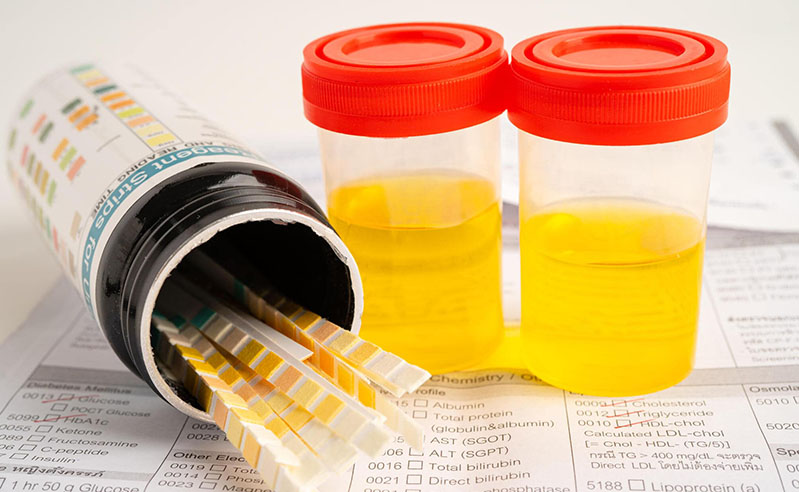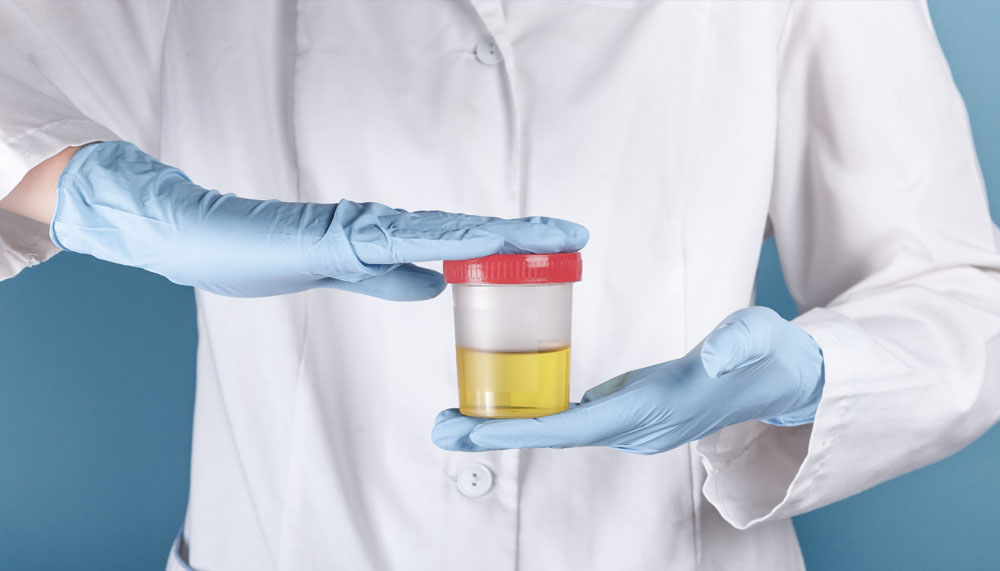For commercial drivers in New York City and surrounding areas like Elmont, understanding the intricacies of Department of Transportation DOT urine tests is crucial.
These tests are a fundamental part of both NYC DOT physical exams and CDL medical exams. This guide will provide an in-depth look at DOT urine tests, their significance in the transportation industry, and how they relate to physical exams required for commercial drivers.
What is a DOT Urine Test?
A DOT urine test is a mandatory drug screening required by the U.S. Department of Transportation for employees in safety-sensitive positions within the transportation industry. This includes commercial truck drivers, bus drivers, pilots, train engineers, and others whose jobs directly impact public safety.
Purpose of DOT Urine Tests
The primary purpose of these tests is to ensure the safety of both the transportation workers and the general public. By detecting the use of prohibited substances, DOT aims to prevent accidents and maintain the integrity of the transportation system.
Substances Tested in DOT Urine Tests
DOT urine tests screen for five specific categories of drugs:
1. Marijuana (THC)
2. Cocaine
3. Amphetamines (including methamphetamine and ecstasy)
4. Opioids (including heroin, codeine, and morphine)
5. Phencyclidine (PCP)
It’s important to note that while some states have legalized marijuana for recreational or medical use, it remains prohibited under federal DOT regulations.
When Are DOT Urine Tests Required?
DOT-regulated employees may be subject to drug testing in several scenarios:
1. Pre-employment: Before starting a safety-sensitive job
2. Random: Unannounced tests conducted throughout the year
3. Post-accident: Following certain types of accidents
4. Reasonable suspicion: When a supervisor observes signs of potential substance use
5. Return-to-duty: After a violation, before resuming safety-sensitive duties
6. Follow-up: A series of tests after returning to duty following a violation
The DOT Urine Test Process

Collection
The urine specimen is collected at a DOT-approved facility. The process includes strict protocols to ensure the integrity of the sample:
– Employees must provide photo identification
– They empty their pockets and remove outer garments
– The collection site is secured to prevent tampering
– A split-specimen method is used, dividing the sample into two bottles
Laboratory Analysis
The primary specimen is sent to a certified laboratory for analysis. If the initial screen is positive, a confirmation test using gas chromatography/mass spectrometry (GC/MS) is performed.
Medical Review Officer (MRO) Evaluation
Results are sent to a Medical Review Officer, a licensed physician trained in substance abuse. The MRO reviews the results, considering potential legitimate medical explanations for positive results.
NYC DOT Physical Exams and CDL Medical Exams in Elmont
For commercial drivers in New York City and nearby areas like Elmont, DOT urine tests are typically part of a broader medical examination.
NYC DOT Physical Exams
NYC DOT physical exams are comprehensive health assessments required for commercial drivers operating within New York City. These exams include:
– Medical history review
– Physical examination
– Vision and hearing tests
– Blood pressure and pulse rate checks
– Urinalysis (including the DOT drug screen)
CDL Medical Exams in Elmont
Commercial Driver’s License (CDL) medical exams, also known as DOT physicals, are similar to NYC DOT exams but are required for all interstate commercial drivers. In Elmont, these exams follow federal DOT guidelines and include:
– A thorough physical examination
– Medical history evaluation
– Vision and hearing tests
– Blood pressure and pulse checks
– Urinalysis, including the DOT drug screen
Both NYC DOT physicals and CDL medical exams in Elmont must be conducted by certified medical examiners listed in the Federal Motor Carrier Safety Administration (FMCSA) National Registry.
Consequences of Failed or Refused Tests
Failing a DOT urine test or refusing to take one can have severe consequences:
– Immediate removal from safety-sensitive duties
– Mandatory referral to a Substance Abuse Professional (SAP)
– Potential job loss or disqualification from obtaining a CDL
– Required completion of return-to-duty process before resuming safety-sensitive functions
Privacy and Confidentiality
DOT regulations include strict guidelines to protect employee privacy:
– Test results are confidential and shared only on a need-to-know basis
– Employers must have written policies regarding test result confidentiality
– Positive test results are reported to the FMCSA Drug and Alcohol Clearinghouse, but access is restricted
Conclusion
Understanding DOT urine tests is crucial for commercial drivers in NYC and Elmont. These tests, as part of DOT physical exams and CDL medical exams, play a vital role in ensuring road safety.
By staying informed about the testing process, substances screened, and potential consequences, drivers can maintain their compliance and protect their careers in the transportation industry.
